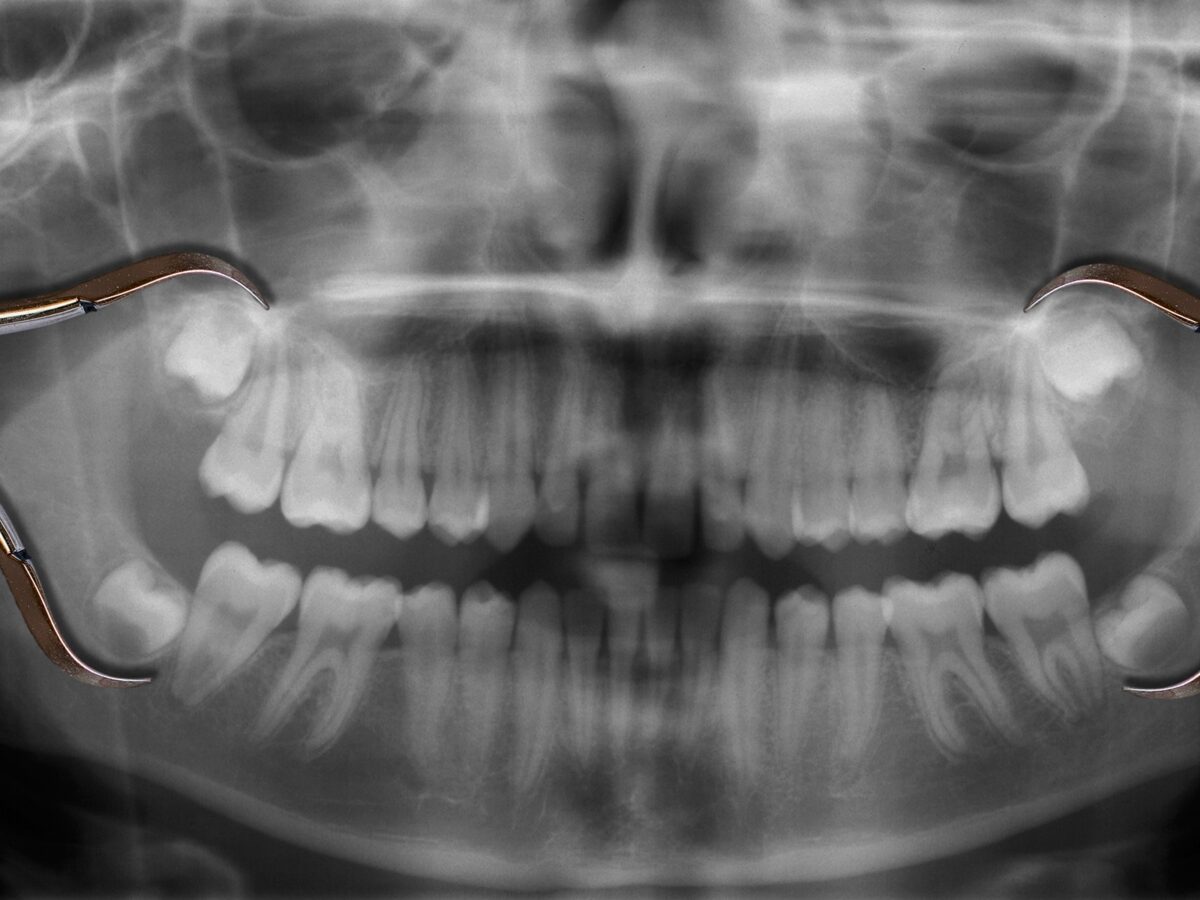Blog
Dental hygiene tips for healthy teeth & gums

Do Wisdom Teeth need to be Removed?
There are many tales and stories around wisdom teeth, in almost every culture around the world. But for most of the people who encounter it, it can only be explained as a “painful surprise”. Many people describe their experience of having a wisdom tooth as an unexpected series of pain, potential cysts, or tissue tear.
Now, all this makes one wonder whether the first and the most favorable alternative to having a wisdom tooth is to get it removed. Well yes, that sounds like a plan, but what if we tell you that not all wisdom tooth cases require its extraction? Sometimes wisdom teeth can be your unexpected but happy new neighbors, who don’t really do you much harm.
Read this blog to know all about wisdom teeth and what to do once you get them!
What are Wisdom Teeth?
The wisdom teeth are the last of the permanent teeth that are to appear in an adult’s jaw. In some cases this can be painful as the structure of the teeth in the jaw is already set, and to make space for the new one there is a painful re-adjustment.
What to do When You Get Wisdom Teeth?
Wisdom teeth can be unexpected, and the age at which one gets them varies from person to person. But the fact is that you need not get them removed until they are a real cause of worry. If your wisdom tooth is not concerning you with any issue, then you need to avoid getting them extracted.
Here are some of the plausible scenarios, where getting your wisdom tooth removed is the best alternative:
- If your wisdom tooth has caused harm to your teeth, is damaging the ones that are nearby, or has the potential to harm them later, it is better to get it removed immediately.
- If the wisdom tooth has appeared at a time the other teeth are in their development process as well, an analysis has to be made whether it is affecting the development of the other teeth. In case that is the case, extracting the troubled wisdom tooth is the best option.
- In an alternative scenario, if the teeth have fully developed and the wisdom tooth came at a later stage, then it can interfere with the structure of the jaw, or other alignment or reconstruction procedures that would have been planned for a later stage. If your wisdom tooth has appeared amidst such a scenario, it is best to get it removed before you begin with further procedures.
- The most important is to check whether the surgery procedures of getting the wisdom tooth removed are going to impact you in the long term.
Wisdom tooth extraction itself comes with multiple after-effects. Some of which are swelling and pain in the region where the tooth was extracted. A potential infection in the wound that occurred where the tooth was extracted. Or damage to the nerves and the blood vessels in the infected area. Therefore, it is essential to visit a dental practitioner and get an assessment of the position of your wisdom tooth and its extraction needs. The proper medical care and expertise can help make getting a “wisdom tooth” a truly enlightening experience for you!
Book Appointment to find out which treatment might be best for you.


